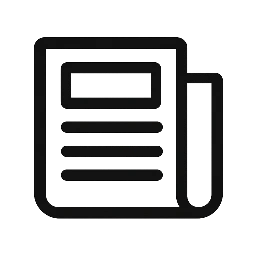The Ultimate Guide to Round Knitting Machines: Everything You Need to Know
Round knitting machines have revolutionized the textile industry, offering unparalleled efficiency and precision in fabric production. These advanced devices enable manufacturers to create seamless tubular fabrics for apparel, medical textiles, and technical applications. Understanding how these machines work and their capabilities can significantly enhance your production process.
How Circular Knitting Technology Works
Modern circular knitting equipment operates through synchronized needle systems that interloop yarns in a circular formation. The machine’s cylinder and dial arrangement allows for continuous production of tubular fabrics without seams. This technology supports various stitch structures including jersey, rib, and interlock patterns, making it versatile for different textile requirements.
Key Features and Technical Specifications
Contemporary Round knitting machine models feature automated yarn feeding systems, electronic needle selection, and real-time monitoring capabilities. Advanced models incorporate IoT connectivity for predictive maintenance and production optimization. The machine’s gauge (needles per inch) determines fabric density and quality, ranging from fine-gauge for delicate fabrics to coarse-gauge for heavy-duty applications.
Fabric Production Applications
These industrial knitting systems produce fabrics for diverse sectors including fashion wear, sportswear, home textiles, and automotive interiors. The technology enables manufacturers to create specialized fabrics with properties like moisture-wicking, stretch recovery, and thermal regulation through advanced yarn combinations and knitting techniques.
Frequently Asked Questions
What maintenance do circular knitting machines require?
Regular maintenance includes needle replacement, lubrication of moving parts, and calibration of tension mechanisms. Modern machines feature self-diagnostic systems that alert operators about required maintenance, minimizing downtime.
Can these machines handle different yarn types?
Yes, advanced circular knitting equipment accommodates various yarn materials including cotton, wool, synthetic blends, and technical fibers. The machine’s tension control systems ensure consistent quality across different yarn specifications.
Optimizing Your Knitting Operations
To maximize productivity, implement regular staff training programs and maintain optimal environmental conditions in your production facility. Monitoring key performance indicators like machine efficiency and fabric quality helps identify improvement opportunities in your knitting processes.
Industry Best Practices
Successful manufacturers follow standardized operating procedures, implement quality control checkpoints, and maintain comprehensive production records. These practices ensure consistent output quality and help troubleshoot production issues effectively.
Ready to enhance your textile production capabilities? Explore our advanced Round knitting machine solutions today and discover how modern knitting technology can transform your manufacturing outcomes. Contact our experts for personalized consultation and machine demonstrations.

Leave a Reply